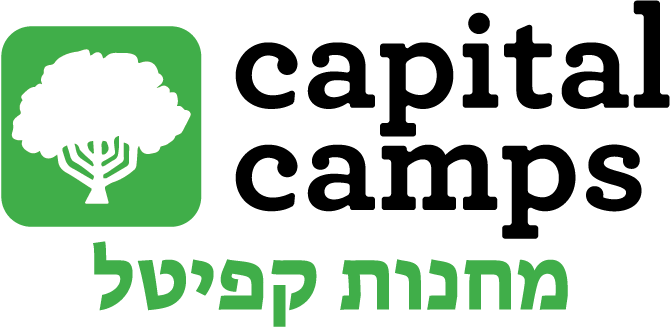By Larry Ginsburg, Senior Jewish Educator
What a joy it is to be able to celebrate the Fourth of July at camp! The anniversary of the fruition of a dream, a hope even, for life void of monarchy and guided by the rule of democracy. Our lives at camp are full, exciting, and always interesting. And yet, today on this day of celebration we are also continuously sitting in the grief and anxiety which has taken hold of the Jewish Community since October 7th. I have to ask myself, and I think many of us ask ourselves this question often: how can we find joy among sadness? I think the answer is hope. Tikva. Hope is the process by which we guide ourselves through the hard times, and allow ourselves to imagine a brighter future. When we allow ourselves to hope, we give ourselves the opportunity to hold both the pain of the current moment, as well as the joy in knowing the arc always bends towards justice, and that one day, God willing soon, we will see the release of hostages, the end of war, and ultimately, peace. This, I think, might be what the Founding Fathers felt as they led the way towards the country we have now.
In this week’s parsha, Korach, we read the story of rebellion. Korach and his followers raise rebellion in contest of Moshe’s brother, Aharon, seeking to undermine his claim to kehunah gedolah (high priesthood). The reason for the rebellion was that Korach and his men felt Moshe and Aharon went too far in appointing the tribe of Levi to increased holiness among the people. The holiness of Aharon’s tribe was proven when his staff, among all the others, began to bloom, and sprout almond blossoms. The blossoming of Aharon’s staff in some ways represents hope. Hope that the tribe of Levi will not just represent holiness, but that in the face of adversity they will rise above, and continue to have strength and courage in their mission.
I think about this hope and courage after yesterday having the privilege to hear the story of Noam Safir, whose grandfather Shlomo Mantzur was taken hostage on October 7th. He is the oldest hostage at the age of 86, having survived the Farhud Massacre in Iraq as a boy, he was kidnapped from his home on October 7th. Nearly 100 campers and staff listened to her attentively as she shared the story of her courage and how she has become a leader in the efforts to release her grandfather and all hostages. Sometimes, the blossoming staff of leadership and hope appears when we least expect it. What we learned from Noam was that sometimes, when called to leadership, we must be the ones to provide hope to others. May we all have the courage to give others hope, and in doing so continue to advocate for peace and
